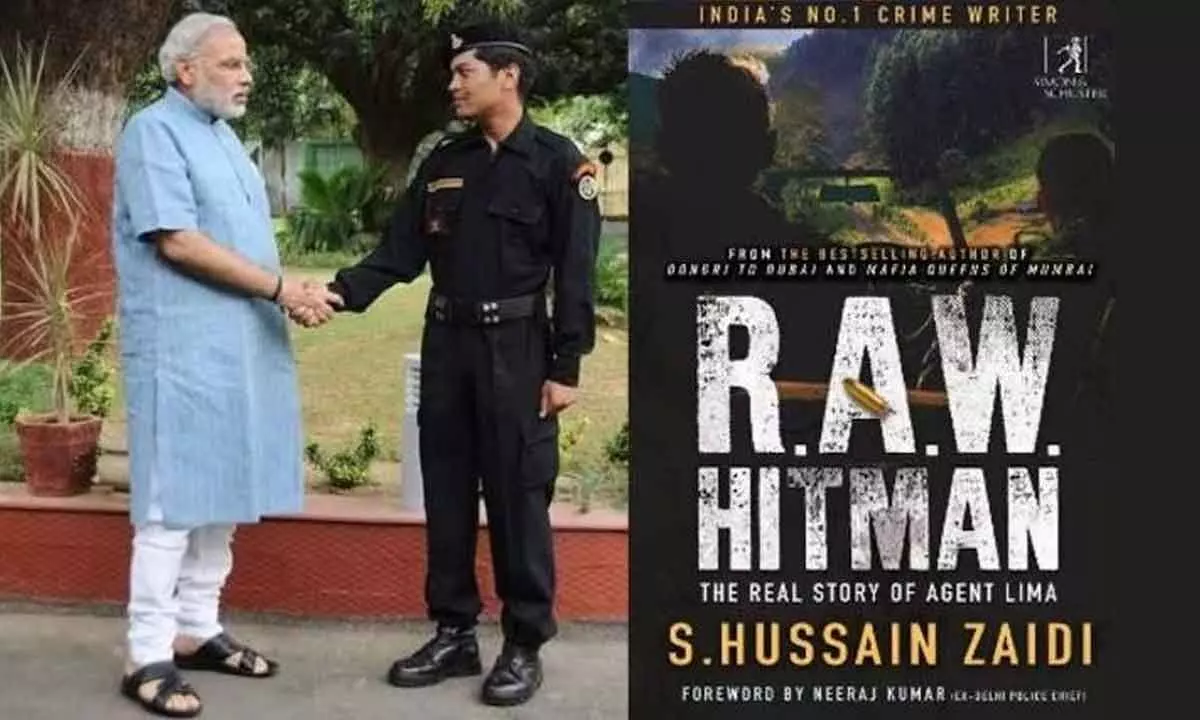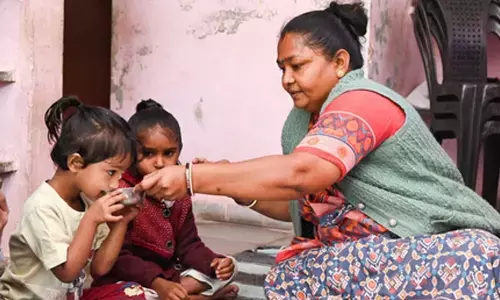A story that needs to be told: Hussain Zaidi on book on ex-NSG commando Lucky Bisht

The book looks at the life and career of Bisht, who also served as the personal security officer of Narendra Modi when he was the Chief Minister of Gujarat. But in a cruel twist of fate, he was named as an accused in a twin-murder case and spent five years in jail before he was set free by a court due to lack of evidence. A national hero becoming a nationally infamous gangster was something which totally flummoxed many
Author Hussain Zaidi, who has come out with a book on former NSG commando Lucky Bisht, says the story of a hero becoming a villain for a “crime he did not commit or could not be established yet” is something unique and needs to be told.
‘R.A.W. Hitman: The Real Story of Agent Lima’ looks at the life and career of Bisht, who also served as the personal security officer of Narendra Modi when he was the Chief Minister of Gujarat. But in a cruel twist of fate, he was named as an accused in a twin-murder case and spent five years in jail before he was set free by a court due to lack of evidence. Zaidi says Bisht’s story is unique.
“When you look at the man, you cannot think what he has gone through. To add, at the age of 16, he started his commando training and was one of the best commandos in the country. He was a real hero which is why he was appointed in providing securities to VIPs. Such a man gets accused of a crime like that and then goes through such a trauma of being shifted to 11 jails in the span of three years,” he says.
“So, a national hero becoming a nationally infamous gangster was something which totally flummoxed me. What was the turn of events? A hero becoming a villain for a crime which he has not committed or could not be established yet is something unique which needs to be told,” Zaidi told PTI. “Hence, I started investigating it and found it has many layers to it, it was baffling and I’ve seen very few stories like this in my 25 years,” he adds.
Bisht says when he was imprisoned, he had a lot of time to reflect on his life experiences. “So, I began to write about my work and my life. In 2019, when I was released from prison, I decided to quit the agency and start a new career as a writer in the Indian film industry. In my quest to become a writer I ended up meeting a lot of producers and directors who were very intrigued by my life and my stint with the agency.
“Almost everyone I met was more interested in my life than the stories I had penned and they convinced me to lend my life story to a book which the public at large would find fascinating,” he says. On whether his book, published by Simon & Schuster, is an effort to undo the wrong done to Bisht, who has worked with various government security agencies such as the Indian Army, Research and Analysis Wing, Special Forces, and Assam Rifles, Zaidi says the former commando has “already gone through a protracted trial so how can we undo whatever the wrong he’s been through”.
He says Bisht didn’t open up at first because after all the trauma that he’s been through he was not very willing. “But I realised that rather talk to him slowly and let him be natural. I think with passage of time he started opening up more and became more frank. It happened gradually,” the author says.
Bisht says he doesn’t expect a book to change people’s perceptions about him either way. On how much real he has tried to keep the book, he says, “Normally in the craft of storytelling, you have to use all those devices that will captivate the attention of readers… Since I was not present when it happened, it was more out of his narration, talking to people and their interviews and information I got. “So, when it comes to putting all these in a story format, there might be some kind of exaggeration at some places. I’ve tried to keep it minimal but still I would say 1 per cent or a bit more than that might be unreal.”
















